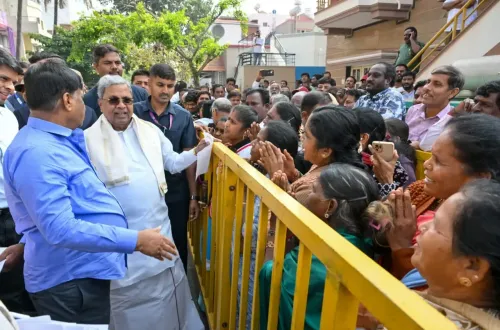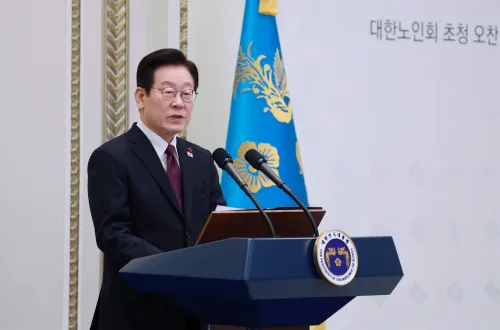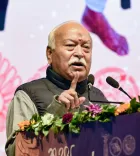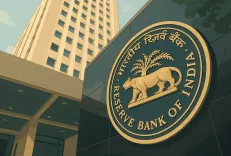Syria's National Dialogue Conference Kicks Off to Shape Political Future
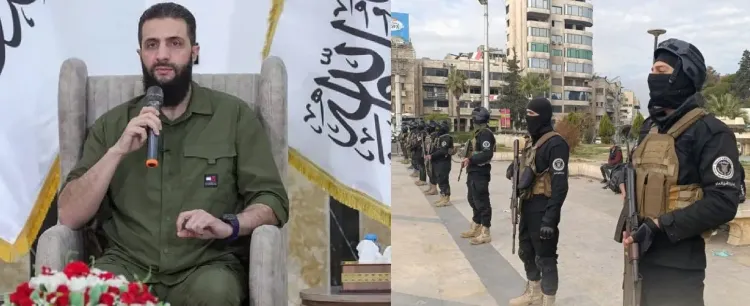
Synopsis
Key Takeaways
- Conference marks a pivotal moment in Syria's political transition.
- Focus on drafting a new constitution and economic recovery.
- Exclusion of certain groups raises questions about inclusivity.
- International stakeholders are monitoring the process closely.
- Long-term impact remains uncertain amidst deep divisions.
Damascus, Feb 25 (NationPress) The National Dialogue Conference in Syria was inaugurated on Tuesday at the Presidential Palace in Damascus as the nation embarks on a political transformation following the end of Bashar al-Assad's regime in December 2024.
This gathering, coordinated by a preparatory committee led by Ahmed al-Sharaa, Syria's interim president, seeks to outline the future political trajectory of the nation. It will tackle vital topics such as drafting a new constitution, economic revitalization, transitional justice, and institutional reforms.
In his inaugural address, al-Sharaa remarked that the conference is being held during a pivotal period of national reconstruction after years of devastation, urging collective efforts to restore national sovereignty and stability.
"Syria is one and indivisible; it remains a unified entity," al-Sharaa asserted, emphasizing that the control of arms by the state is essential for maintaining national security. He also highlighted that achieving social peace is a shared responsibility, showcasing Syria's history of coexistence as a model for others.
This conference follows several weeks of discussions across provinces in Syria, collecting insights from around 4,000 participants to ensure diverse representation.
Estimates of attendance have varied, with numbers ranging from 400 to exceeding 1,000.
Importantly, Kurdish-led Syrian Democratic Forces (SDF) and loyalists of Assad were excluded unless they consented to disarm and cooperate with the new authorities. This exclusion has faced criticism regarding the conference's inclusivity.
For certain participants, the conference represents a momentous chance for a revitalized Syria, as reported by Xinhua.
"This marks a day when Syrians determine the destiny of their new nation," stated Huda al-Atassi, a preparatory committee member, as discussions commenced.
However, others are skeptical about the potential for meaningful outcomes from the gathering.
Dalia Dalati, a displaced resident of Aleppo, voiced worries that the talks may not adequately tackle Syria's pressing economic and security challenges.
The conference is anticipated to conclude later today with non-binding proposals that will act as guidance for Syria's transitional leadership.
The government has committed to using these discussions to establish a new governing framework by March 1.
International actors, including the European Union and the United States, are closely observing the developments, with possible repercussions for sanctions depending on the transition's inclusivity.
While the conference indicates a transformation in Syria's political environment, its long-term effects remain ambiguous, with deep-rooted divisions continuing to hinder national reconciliation.



